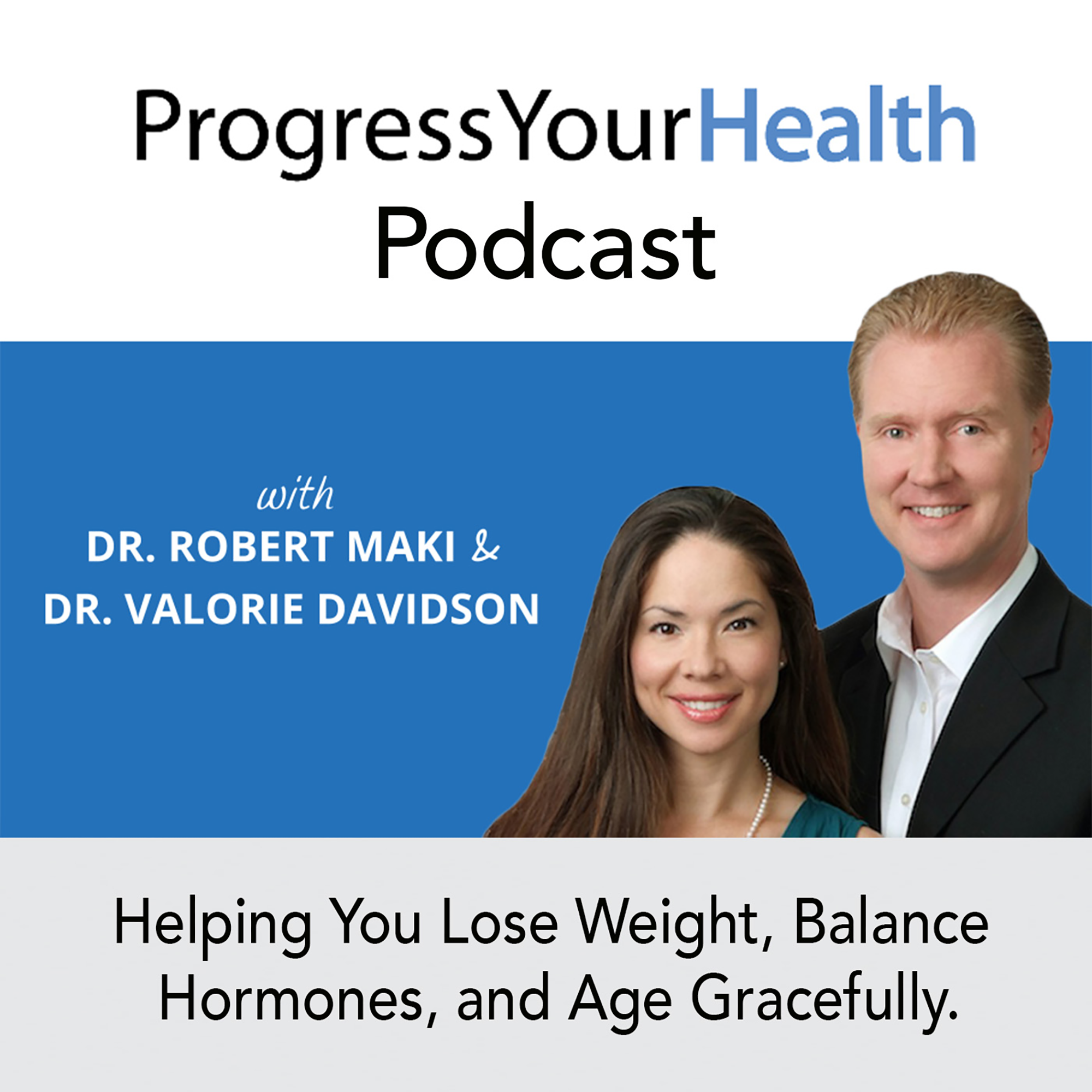What Supplements Are Good For Perimenopause? | PYHP 097

Question:\xa0\nWhat supplements are good for Perimenopause?\nShort Answer:\xa0\nThe conventional treatment options for Perimenopause are limited. Most often, women are offered birth control and other habit forming medications. None of those options are very effective in providing women relief of their symptoms.\nPYHP 097 Full Transcript:\xa0\nDownload 097 Transcript\nDr. Maki:\xa0Hello everybody. Thank you for joining us for another episode of the Progress Your Health podcast. I am Dr. Maki.\xa0\nDr. Davidson: And I am Dr. Davidson.\xa0\nDr. Maki:\xa0So on this episode, we are going to continue our talk about perimenopause. We are going to talk about some of the supplementation that we use in helping people deal with some of the symptoms of perimenopausal.\xa0\nDr. Davidson:\xa0Exactly. We have talked about perimenopause many times in other podcasts and blog posts as well. Like we always say, there is really not a lot of answers out there, especially conventionally. The last thing you want to do is take habit-forming or ineffective medications, but at the same time, we also want to have some help so we can kind of transition and feel good during this time of perimenopause.\xa0\nDr. Maki:\xa0Yes, right. Now conventionally, like we talked about the past, really, the only options for this window, this demographic, this ten-year span, ten-plus years span for women.\xa0\nDr. Davidson:\xa0Possibly.\nDr. Maki:\xa0Yes, right. Let us say from forty to fifty, if we just kept it to that, but I think there is an overlap into the late thirties and even the early fifties. So we are looking at a really good solid decade. In some ways, a really highly productive time frame for women where they need to be on their game. They have lots of things, are juggling lots of different parts of their lives and we hear it all the time. Women get to this certain point and all of a sudden, their bodies just stop cooperating. They cannot sleep. They have anxiety. They are irritable. They are gaining weight. They have all these things that are happening that they have never really experienced at that point. They really do not know what is going on. They go to their gynecologist. They go to their primary care doctor and no one really has any answers to be able to help them.\xa0\nDr. Davidson:\xa0Yes. Like you were saying, probably the most common medication is birth control pills, which the last thing you want to do is be in your forties taking birth control pills. So, that is kind of frowned upon. I mean antidepressants, a lot of doctors will offer perimenopausal females antidepressants. And they will say, \u201cWell, I am not depressed. Sure, I do not feel well. I am irritable. I am not sleeping. I have a lot of brain fog. My short-term memory is not right.\u201d They have a lot of these symptoms but it is not necessarily a disease. So, a lot of conventional practitioners do feel like their hands are tied. Even like anti-anxiety medications are extremely habit-forming. The last thing you want to do is put somebody on some kind of prescripti